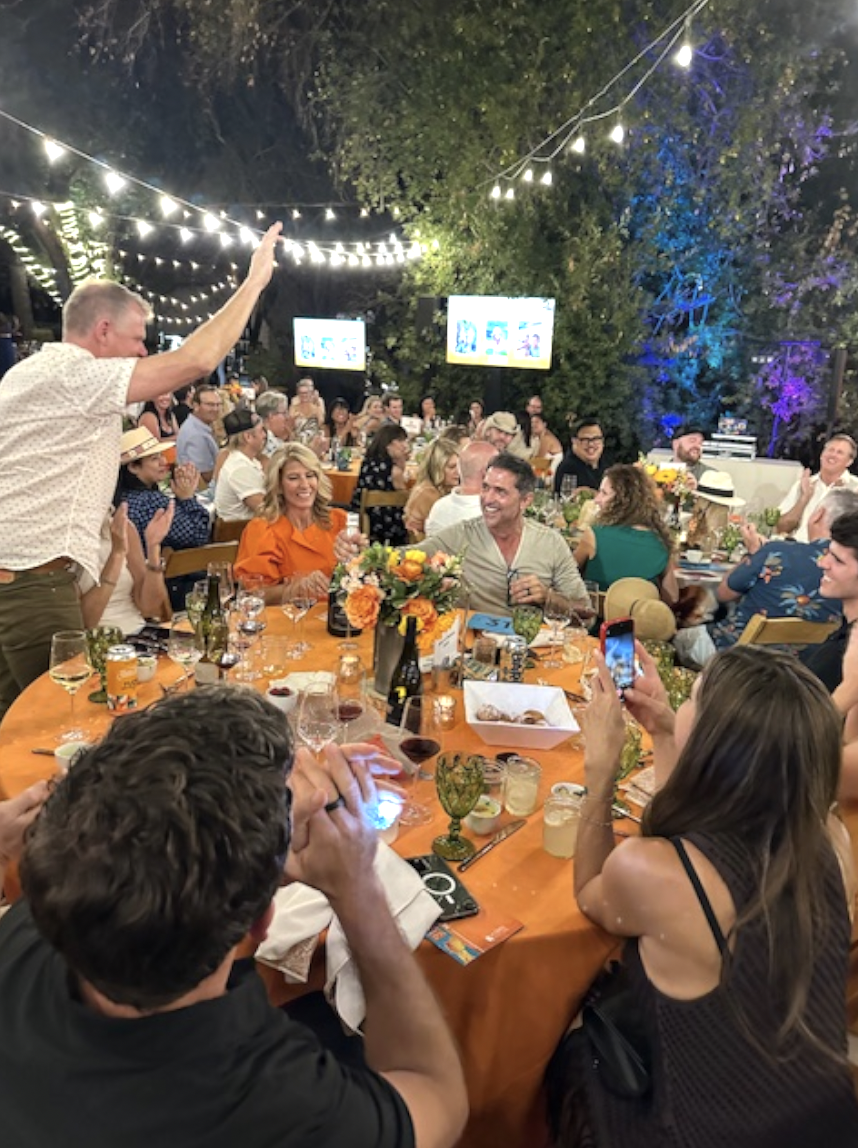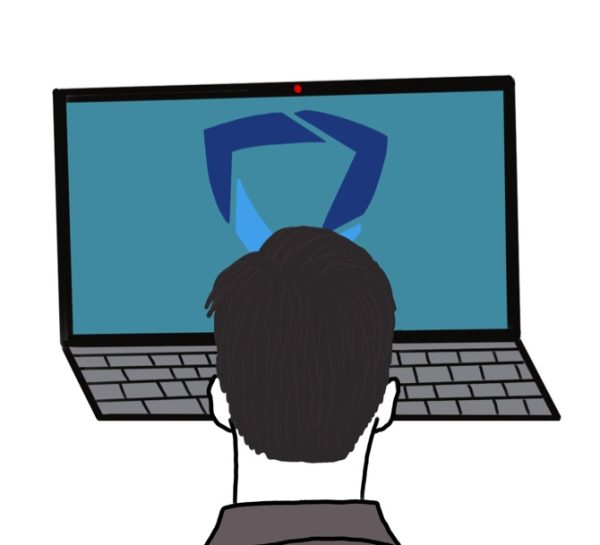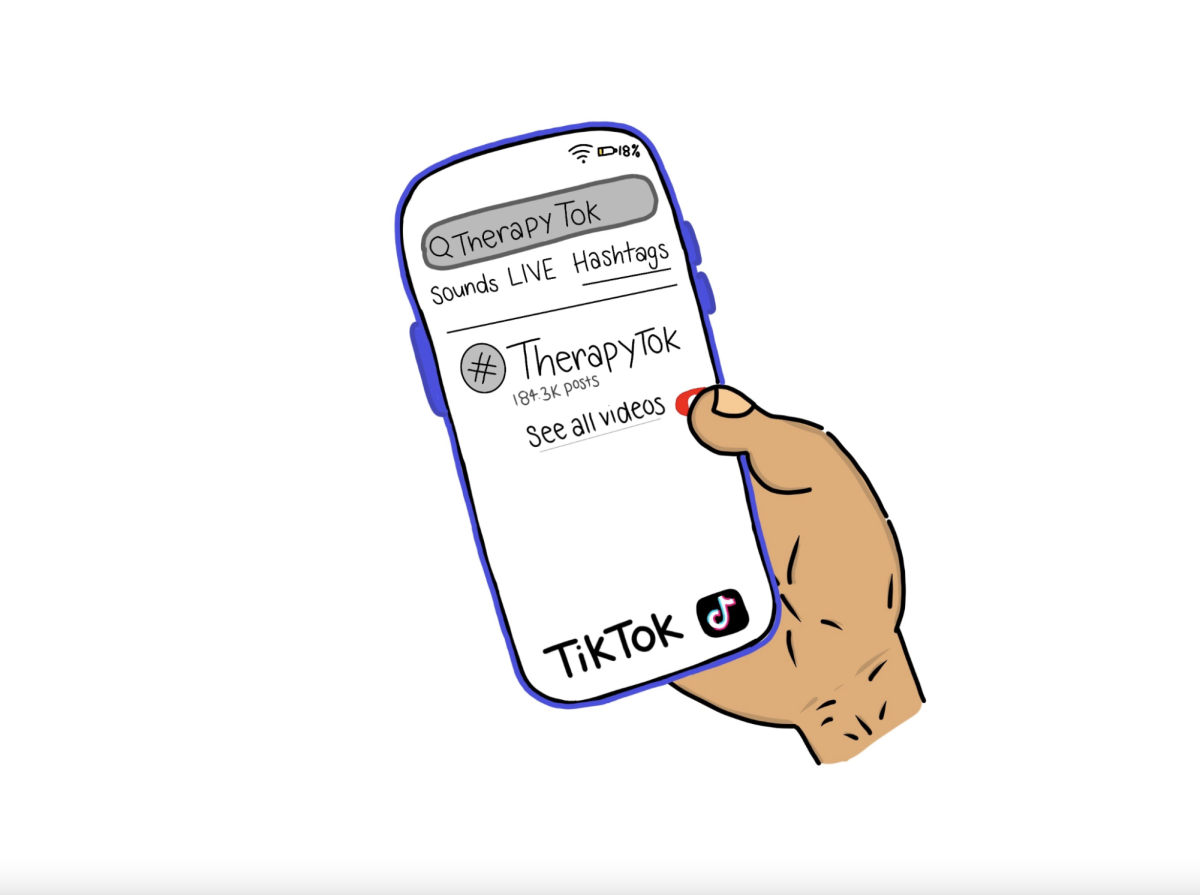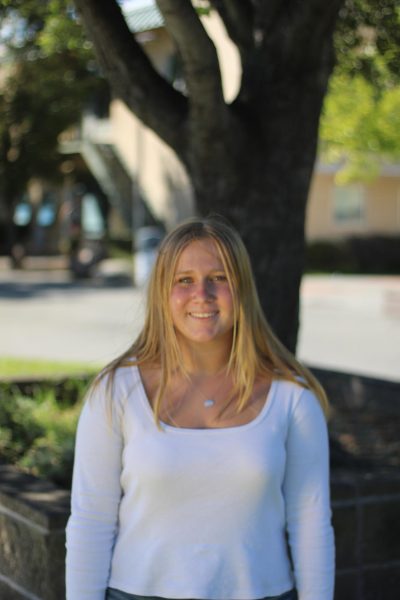Following the overturning of Roe v. Wade, abortion bans have been established across many parts of the United States, making abortion services significantly more difficult to access. With the transfer of executive power to former President Donald Trump, women’s reproductive rights are on the line for whether or not they can choose to continue a pregnancy — a choice that is fundamental to personal autonomy. More than a dozen states have banned abortion or eliminated facilities for women to obtain an abortion as of Nov. 6, according to the National Broadcasting Company. Young adults who are eligible to vote have an important influence on abortion rights and the accessibility of abortion clinics on the federal level.

According to a recent survey by the Kaiser Family Foundation, four out of 10 women across the United States find policies surrounding abortion rights to have a significant effect on which candidate they voted for in the presidential election. Senior and co-president of Democrat Club Elle Hock sees abortion access as an important issue in the 2024 election.
“Through the past couple of years, there have been [many] changes [regarding] abortion clinics because of the adamant support [and history] of Roe v. Wade. Especially with the election season, abortion is a critical topic for a lot of young women right now,” Hock said.
Hock verbalizes that abortion should be legal for all women to acquire the resources they need.
“Abortion should be legal for every single person who needs an abortion. The [federal government] should make it so that everyone has to abide by a federal abortion law, giving each state the best chance of at least having abortion [resources] available,” Hock said.
According to the Guttmacher Institute, a leading research institution in sexual and reproductive health, 29 percent of the total population of women in the U.S. are living in states that restrict abortion clinic access. Half of states are likely to enact abortion bans due to the overturning of Roe v. Wade. Due to this limitation, women living in states with abortion bans are unwillingly tasked with traveling to a different state to receive reproductive health care. However, people who fly to other states to get an abortion are sometimes seen as criminals, especially by those who believe that abortion is a form of murder. History and Social Issues teacher Michelle Ceja-Chau believes in the need for medical accessibility regarding abortion rights.
“No one should be treated as a criminal for seek ing out medical help, reproductive healthcare or any medical care, and yet that is what’s happening. People are scared,” Ceja-Chau said. “[Abortion clinic accessibility] shouldn’t be [limited] because it is essential, life-saving and your choice, yet it’s being decided by such a small group of people, some of [whom] don’t even go through the experience and that’s just not what I think [America’s] values are.”
The National Intimate Partner and Sexual Violence Survey done by the Center for Disease Control and Prevention is an ongoing survey that collects the most recent national data on intimate partner violence, sexual violence and stalking victimization. According to a June 2022 survey, nearly 35 percent of female rape victims were first victimized between the ages of 11 and 17, while 14 percent were 10-years-old or younger. On some occasions, sexual assault victims would get pregnant without any form of consent for sex and were forced to carry a baby while dealing with residual trauma.
For many, pregnancy can be a highly stressful experience, amplifying the mental and physical effects for victims who were stripped of their choice. In some cases, complications can occur within a pregnancy, causing some women to require abortions for their health. Having accessible abortion care will allow these women to get the necessary care they need after a distressing event. Ceja-Chau considers how citizens who have been sexually assaulted have a significant impact on the election and protection of other victims.
“We’re hearing a lot of voices of victims who were sexually assaulted. As a society, we can’t just [make abortion clinics inaccessible] for victims. We need to protect victims so clinics can offer a safe space, support and outreach,” Ceja-Chau said.
Social issues teacher and Peer Resource advisor Nicolle Plescia recognizes the importance of the election regarding abortion accessibility, especially as it comes to youth access.
“[The United States] is going to have people forced to make unsafe decisions, forced to make decisions beyond their financial capabilities and forced to do things that they wouldn’t do otherwise [if abortion clinic accessibility continues to decrease],” Plescia said.








